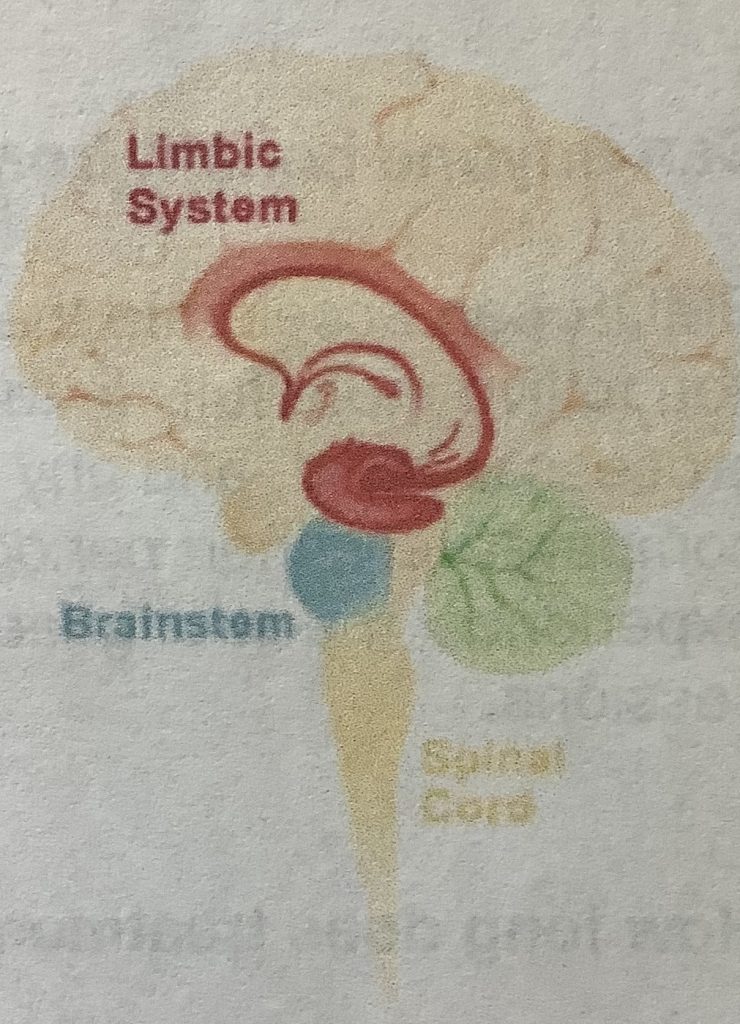What can EMDR be used for?
“Eye Movement Desensitisation & Reprocessing” (EMDR) can be successful in the Treatment of Post-traumatic Stress Disorder, and also numerous other Clinical Conditions in which Adverse Life Events are a Significant Component.
As well as PTSD, EMDR has been successfully used to treat:
Previous difficult or distressing life experiences
Post RTA
Painful memories
Previous Abuse, of a physical / emotional / psychological / sexual / verbal nature
Severe anxiety or panic attacks
Depression
Surgical trauma
Emergency services / medical staff post traumatic stress symptoms
Unrelenting stress issues
Phobias
Sleep problems
Hypervigilance / flashbacks / fears
Complicated grief
Post addictions issues
Low self-esteem and performance anxiety
Service veterans & much else..
What is EMDR (Eye movement Desensitisation and Re-processing)?
Following trauma or some sort of shock to your body or minds natural defences, EMDR is a process which, in the hands of an experienced practitioner, can help to recreate the connections between your brain’s memory networks, enabling your brain to process traumatic memories in a very natural way, using only your own minds natural healing processes…
What happens when you are traumatised?
Most of the time your body routinely manages new information and experiences without you being aware of it. However, when something out of the ordinary occurs and you are traumatised by an overwhelming event (e.g. a car accident) or by being repeatedly subjected to distress (e.g. childhood neglect), your natural coping mechanism can become overloaded. This overloading can result in disturbing experiences remaining frozen in your brain or being “unprocessed”. Such unprocessed memories and feelings are stored in the limbic system of your brain in a “raw” and emotional form, rather than in a verbal “story” mode.
What occurs in the brain networks?
 This limbic system maintains traumatic memories in an isolated memory network that is associated with emotions and physical sensations, and which are disconnected from the brain’s cortex where we use language to store memories. The limbic system’s traumatic memories can be continually triggered when you experience events similar to the difficult experiences you have been through. Often the memory itself is long forgotten, but the painful feelings such as anxiety, panic, anger or despair are continually triggered in the present. Your ability to live in the present and learn from new experiences can therefore become inhibited.
This limbic system maintains traumatic memories in an isolated memory network that is associated with emotions and physical sensations, and which are disconnected from the brain’s cortex where we use language to store memories. The limbic system’s traumatic memories can be continually triggered when you experience events similar to the difficult experiences you have been through. Often the memory itself is long forgotten, but the painful feelings such as anxiety, panic, anger or despair are continually triggered in the present. Your ability to live in the present and learn from new experiences can therefore become inhibited.
What is an EMDR session like?
EMDR utilises the natural healing ability of your body. After a thorough assessment, you will be asked specific questions about a particular disturbing memory. Eye movements, similar to those during REM sleep, will be recreated simply by asking you to watch a bar of moving lights from side to side. The eye movements will last for a short while and then stop. You will then be asked to report back on the experiences you have had during each of these sets of eye movements.
What might I experience?
Experiences during a session may include changes in thoughts, images and feelings. With repeated sets of eye movements, the memory tends to change in such a way that it loses its painful intensity and simply becomes a neutral memory of an event in the past. Other associated memories may also heal at the same time. This linking of related memories can lead to a dramatic and rapid improvement in many aspects of your life.
Can anyone benefit from EMDR?
EMDR can accelerate therapy by resolving the impact of your past traumas and allowing you to live more fully in the present.
How long does treatment take?
EMDR can be brief focused treatment or part of a longer psychotherapy programme. EMDR sessions can last for for 60 minutes.
Will I will remain in control and empowered?
During EMDR treatment, you will remain in control, fully alert and wide-awake. This is not a form of hypnosis and you can stop the process at any time. Throughout the session, the therapist will support and facilitate your own self-healing and intervene as little as possible. Reprocessing is usually experienced as something that happens spontaneously, and new connections and insights are felt to arise quite naturally from within. As a result, most people experience EMDR as being a natural and very empowering therapy.
What evidence is there that EMDR is a successful treatment?
EMDR is an innovative clinical treatment which has successfully helped over a million individuals. EMDR making is the most thoroughly researched method used in the treatment of trauma and is recommended by the National Institute for Health and Clinical Excellence (NICE) and by the World Health Organisation (WHO) as an effective treatment for PTSD.
(Adapted from www.thetraumacentre.com)
EMDR Client review
EMDR treatment from Angie has “cleared the fog of fear from my past that clouded everything. When dealing with challenging situations now, I can see clearly and I am able to remain calm. The triggers are a memory now, not a force that kept pushing me off course. I am so grateful thank you Angie.” RB (SOA)
Angie Google reviews
Once again, I am so grateful and could not recommend Counselling with Angie enough. (TRB).
APPOINTMENTS AND CONTACT
For more information or to book an appointment: Contact: Angie Walker
(Accredited Counsellor & Psychotherapist), (MNCS)
“Flexible convenient appointments including some next day, weekends & bank holidays”
“Free 15 Minute telephone No-Obligation Consultation”
Phone: (SOA) 07827 966031
Click to send an Email: angie4wellbeing@hotmail.com



